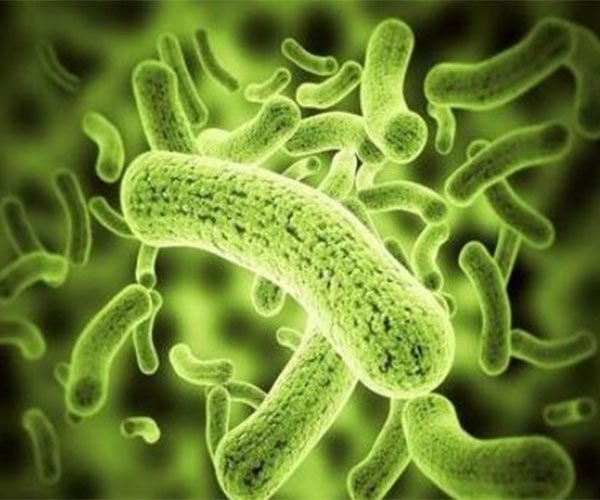“Plant vaccine” is actually a kind of plant immune induction drug. It stimulates the plant’s own defense system through biological induction to achieve the effect of disease resistance and insect resistance. Because its function is similar to medical and veterinary vaccines, it is also called “Plant vaccines”. Chitosan Oligosaccharide (COS) has become a new hot spot in the development of biogenic pesticides.
In agricultural production applications, chitosan oligosaccharide not only makes crops grow well, plants are strong, and photosynthesis is enhanced, but also shows obvious effects in stress resistance and resistance to pests and diseases, so it has a stable and significant income increase effect.
A large number of studies have shown that chitosan oligosaccharide can induce broad-spectrum resistance in plants, enhance the plant’s self-defense ability, inhibit the growth of various plant pathogenic microorganisms, change the plant growth mechanism, enhance the immune function of the regulatory system, thereby ensuring the normal health of plants. Growth and development, which makes chitosan oligosaccharide known as “plant vaccine”.
1. Induce the production of plant resistance proteins
Studies have shown that chitosan oligosaccharide can induce plants to produce resistance proteins that resist pathogenic substances, such as chitinase, chitosanase and l,3-glucanase.
The substrates for these enzymes are major components of fungal cell walls. Chitinase, especially in combination with 1,3-glucanase, can inhibit the growth of fungi in vitro. The chitinase, chitosanase and 1,3-glucanase induced by chitosan oligosaccharide have synergistic effects with each other, making the antibacterial effect more obvious.
2. Plant vaccine COS can induce lignin formation
Lignin is the main component of the secondary cell wall of plant vascular tissues and is inherently resistant to microbial degradation.
A large number of studies have confirmed that chitosan oligosaccharide can induce lignification of plants around the infection point of pathogens, forming a physical barrier, thereby preventing or delaying the growth and spread of pathogenic bacteria to surrounding normal tissues, and enhancing plant disease resistance.
3. Plant vaccine COS can change phenolic metabolism of plants
Phenols are bactericidal substances and precursors to the formation of lignin.
Therefore, the increase in phenolics in plants not only helps them resist diseases, but also promotes lignification of pathogen-infected areas, thereby enhancing the plant’s disease resistance. The phenolic composition in soybean cells induced by chitosan oligosaccharide will change rapidly, such as phenylpropanoid, coumaric acid and chlorogenic acid, etc., all increase significantly.
4. Inducing plants to produce guaiaglucan
Guaiaglucan is a polysaccharide rich in 1,3-glucose
When plants are attacked by pathogens, guaiaglucan is often deposited between cells, thereby separating the infected parts from normal cells and forming a physical barrier just like lignification.
As a plant immune protein biopesticide, COS has the following advantages:
- It has wide adaptability to plants and good affinity.
- Non-toxic, no side effects, harmless to humans and animals.
- It is biodegradable and does not compact the soil in the soil.
- It can slowly degraded into small molecular carbohydrates and is harmless to the environment.
Therefore, chitosan oligosaccharide is an excellent pure natural ecological preparation.


